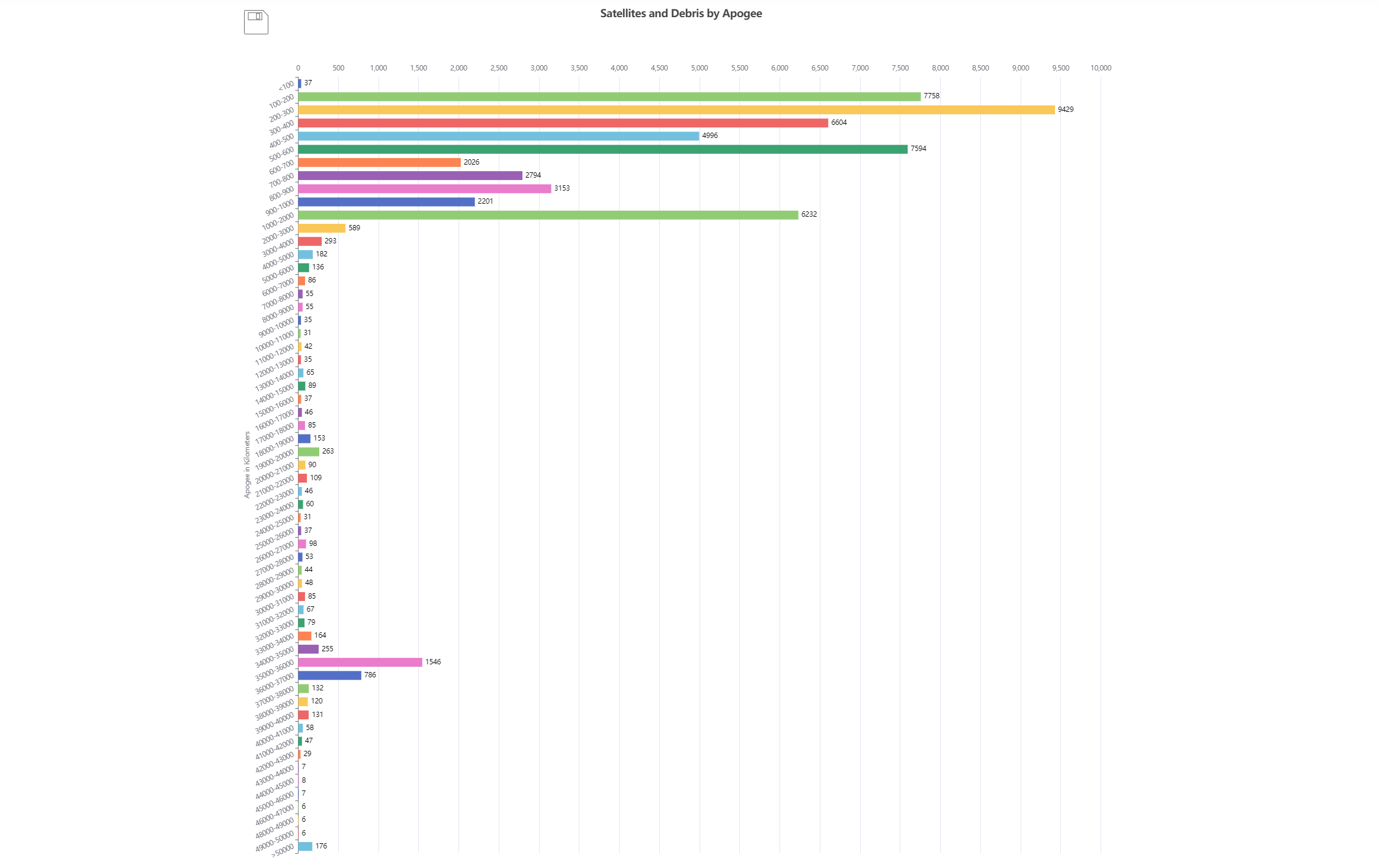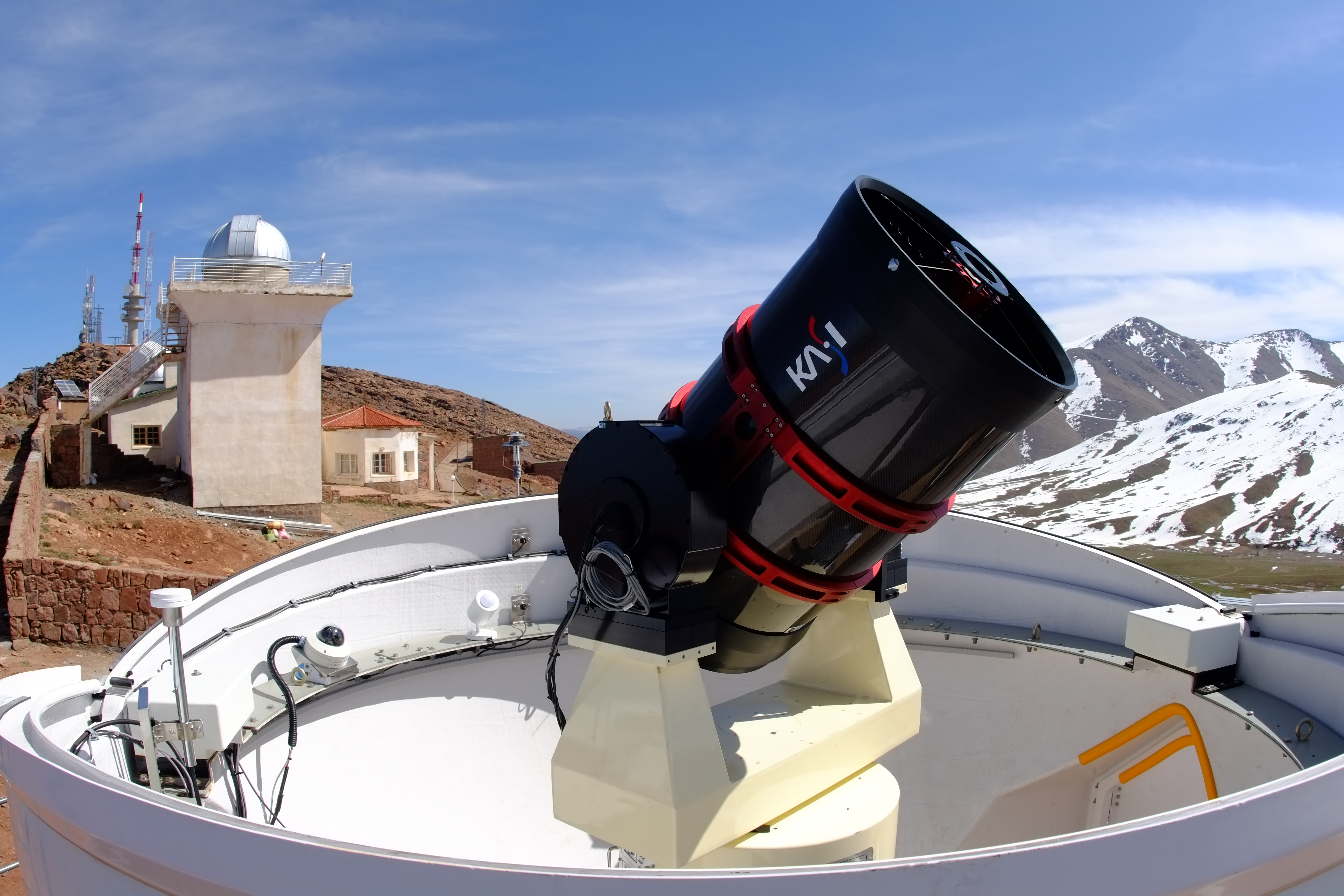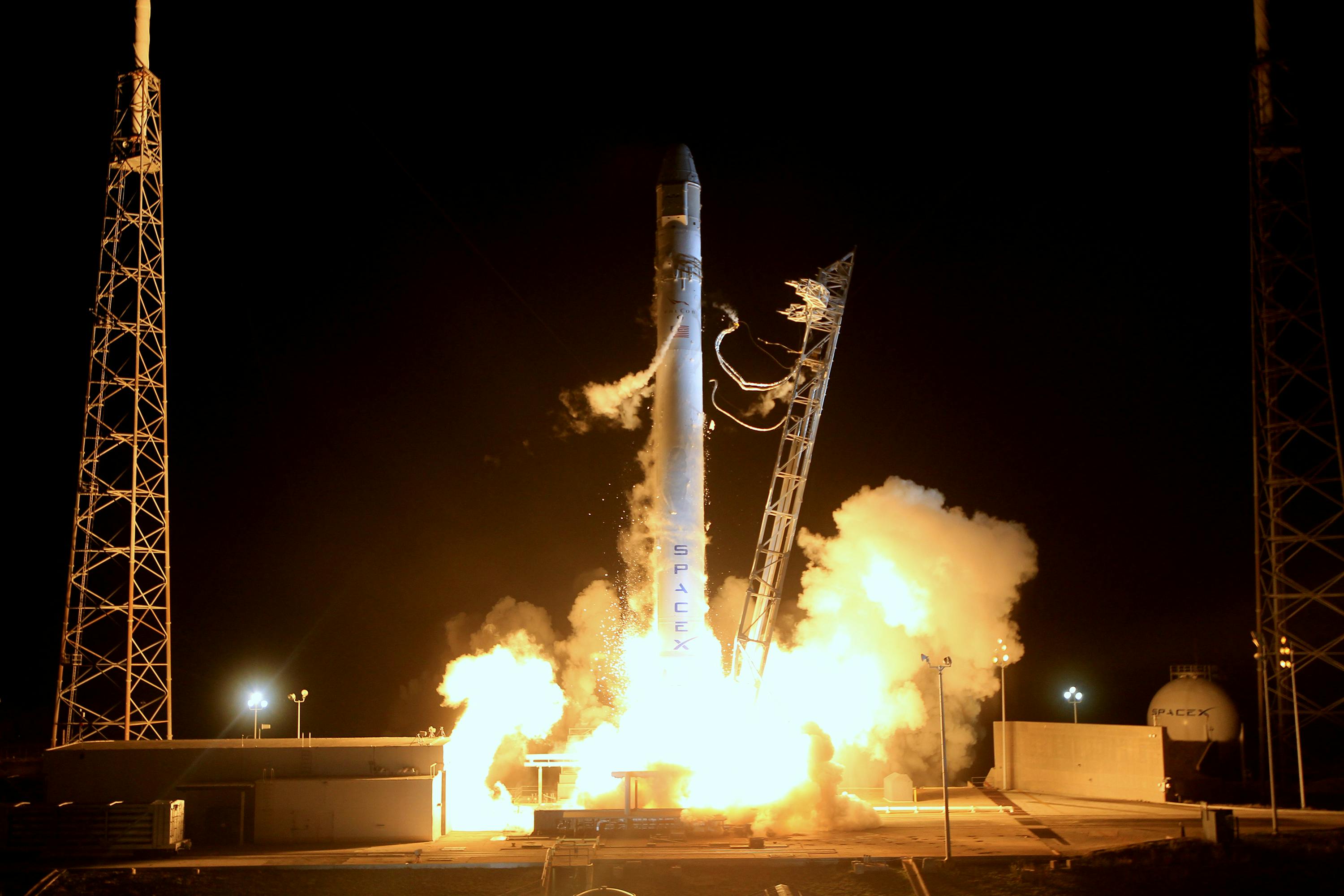· space brief · 5 min read
Space Brief 24 Mar 2025
Historic launches mark a transformative week in aerospace, with major milestones achieved by Isar Aerospace, SpaceX, and Botswana's entry into space. Significant advancements in reusability and European capabilities highlight key developments.

📄Top Stories
Isar Aerospace gears up for Europe’s first continental orbital launch while Norway hosts a parallel milestone. SpaceX achieves a record nine-day rocket turnaround. Botswana launches its first national satellite, making strides in the space race.
📰Detailed Coverage
Isar Aerospace Prepares for Historic Launch
Isar Aerospace, a Munich-based company, is poised to make history with the first ever orbital launch attempt from continental Europe, occurring at Norway’s Andoya Spaceport. Set between 12:30 pm and 3:30 pm local time, this marks a crucial step in bolstering Europe’s independent access to space, amidst growing industrial capabilities in the sector.
This landmark event aligns with a strategic push by Europe to increase its presence in the space industry. The project showcases innovation within the European aerospace community and underscores the potential for future orbital missions accelerating from the continent. European satellite enthusiasts can track these developments, highlighting the emerging role of new actors in the orbital launch industry.
Read the full story: NASASpaceFlight.com
SpaceX’s Rapid Rocket Reuse Breaks Records
On Friday, SpaceX set a new benchmark in rocket reusability with its Falcon 9 launch, achieving a turnaround of just nine days. The mission, conducted on behalf of the U.S. National Reconnaissance Office, underscores the significant advancements in reducing the time between launches, vastly improving cost efficiencies and operational readiness.
This rapid turnaround fortifies SpaceX’s position at the forefront of commercial space operations and sets a new standard for turnaround efficiency in the aerospace industry. Such advancements support strategic tracking of new satellite deployments and earth observation technologies, vital sectors in the current space economy.
Read the full story: SpaceDaily
Botswana Enters the Space Age
Botswana has successfully launched its first satellite, BOTSAT-1, into orbit with the assistance of Dragonfly Aerospace, marking a significant national milestone. The satellite was carried into space aboard a SpaceX Falcon 9 as part of the Transporter-13 rideshare. This project, developed in collaboration with Botswana International University of Science and Technology, represents a giant leap for Botswana’s scientific and technological landscape.
The entry of Botswana into the space domain not only enriches the African space scene but also serves as an inspiration for other nations with emerging space ambitions. This development highlights the expanding diversity in global space endeavors and supports the growing importance of satellite tracking technologies in expanding scientific research capabilities.
Read the full story: SpaceDaily
Preservation at Risk: Royal Greenwich Observatory
The famed Royal Greenwich Observatory site, a cornerstone in astronomical history, faces an uncertain future as preservation efforts encounter significant challenges. Nestled in the English countryside, this site holds profound historical significance but requires concerted action to safeguard its legacy.
Efforts to maintain such historical landmarks are crucial not only for preserving history but also for inspiring future generations in space science and research. Satellites and observation history interlink closely with such heritage sites, continuing to inform today’s cutting-edge satellite tracking applications.
Read the full story: Space.com
Parker Solar Probe’s Sunward Journey
NASA’s Parker Solar Probe continues its pioneering solar science campaign by achieving record proximity to the Sun during its 23rd flyby. In its latest encounter, the spacecraft came within 3.8 million miles of the solar surface, mirroring previous records and gathering unprecedented data on solar activity.
This mission remains critical for enhancing our understanding of space weather and its impacts on satellite operations, emphasizing the vital role of satellite tracking in forecasting space weather phenomena.
Read the full story: SpaceDaily
🛰️Satellite Spotlight
- Satellite Name: P 76-5
- NORAD ID: 08860
- Launch Date: 1976-05-22
- Mission: An experimental satellite designed to test technological advancements in satellite communications.
- Orbit: Inclination: 99.9418°, Period: ~107.25 min, Eccentricity: 0.00424
- Operator: STP/APL
- Fun Fact: P 76-5 was part of the series that contributed to pioneering beacon tests for navigational systems, leading to advancements in GPS technology.
Current TLE Data:
1 08860U 76047A 25082.53137330 .00000284 00000+0 38640-3 0 9995 2 08860 99.9418 278.4184 0042440 63.5850 357.7119 13.68163986434767
Track this satellite in real-time on our web app: Track P 76-5
🚀Upcoming Space Launches
March 24
- Isar Aerospace Spectrum:
- Maiden Flight from Andøya Spaceport (11:30 UTC) First flight of the Isar Spectrum launch vehicle.
- SpaceX Falcon 9:
- NROL-69 from Cape Canaveral SFS, FL, USA (17:42 UTC) Classified payload for the US National Reconnaissance Office.
March 26
- Firefly Aerospace Firefly Alpha:
- FLTA006 (Message in a Booster) from Vandenberg SFB, CA, USA (13:37 UTC) Sixth flight of the Firefly Alpha small satellite launcher, launching the demonstration mission for Lockheed Martin’s new LM400 satellite bus, which will carry a communications payload.
- Rocket Lab Electron:
- Finding Hot Wildfires Near You (OroraTech OTC-P1) from Rocket Lab Launch Complex 1, Mahia Peninsula, New Zealand (15:30 UTC) The mission will launch 8 satellites for Orora Technologies, with thermal infrared cameras for wildfire monitoring.
- China Aerospace Science and Technology Corporation Long March 3B/E:
- Unknown Payload from Xichang Satellite Launch Center, People’s Republic of China (15:45 UTC) Details TBD.
- SpaceX Falcon 9:
- Starlink Group 11-7 from Vandenberg SFB, CA, USA (22:00 UTC) A batch of satellites for the Starlink mega-constellation - SpaceX’s project for space-based Internet communication system.
March 30
- SpaceX Falcon 9:
- Starlink Group 6-80 from Cape Canaveral SFS, FL, USA (19:16 UTC) A batch of satellites for the Starlink mega-constellation - SpaceX’s project for space-based Internet communication system.
March 31
- Gilmour Space Technologies Eris-1:
- Maiden Flight from Bowen Orbital Spaceport (00:00 UTC) Maiden flight of Gilmour Space’s orbital launch vehicle Eris.
- United Launch Alliance Atlas V 551:
- Project Kuiper (Atlas V #2) from Cape Canaveral SFS, FL, USA (00:00 UTC) Project Kuiper is a mega constellation of satellites in Low Earth Orbit by Amazon for global broadband internet access.
- Rocket Lab HASTE:
- DART AE from Wallops Flight Facility, Virginia, USA (00:00 UTC) Payload is a scramjet-powered hypersonic vehicle developed by Australian company Hypersonix.
Note: Launch dates and times are subject to change due to technical or weather considerations.

Maurice Stellarski





